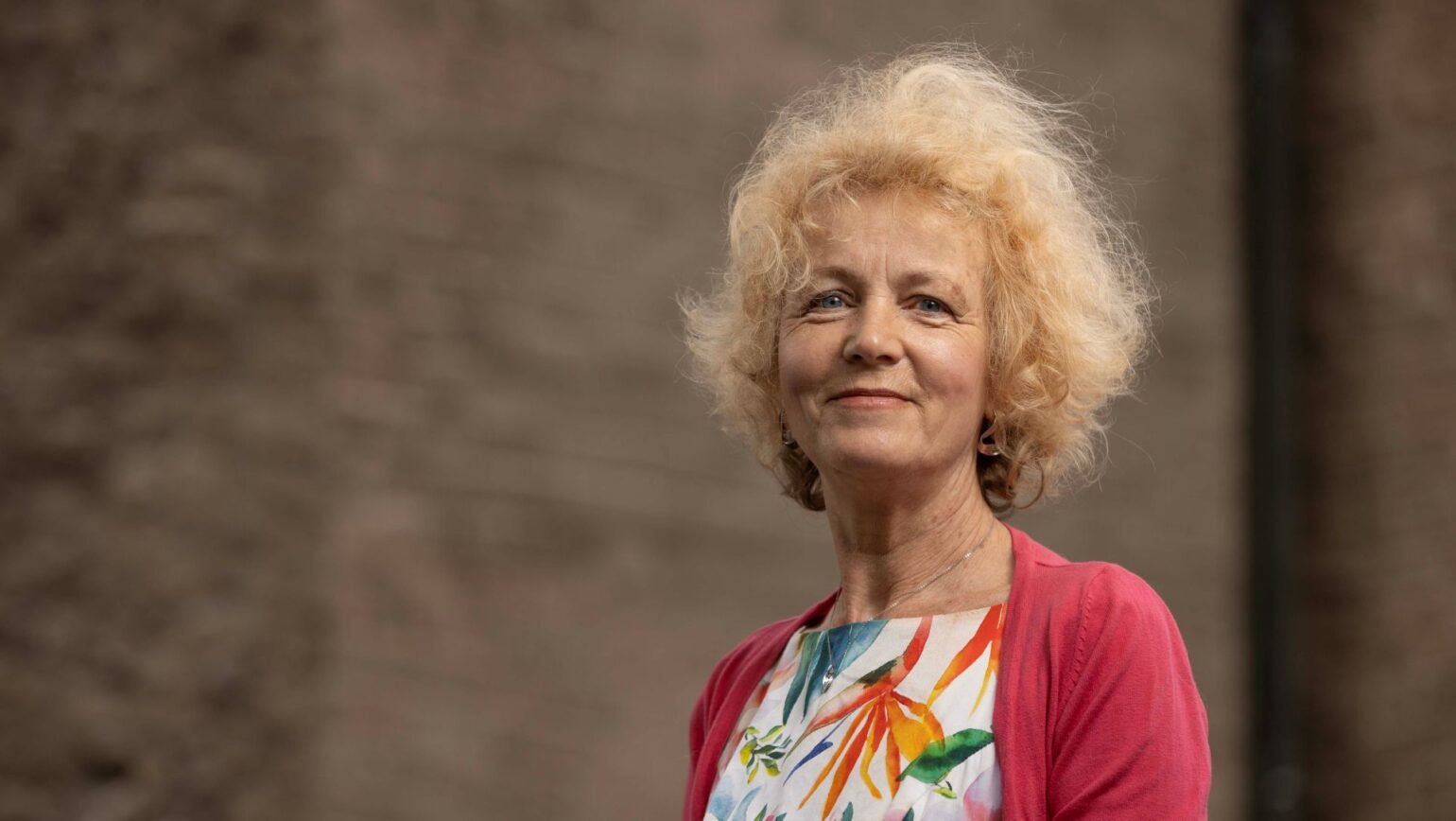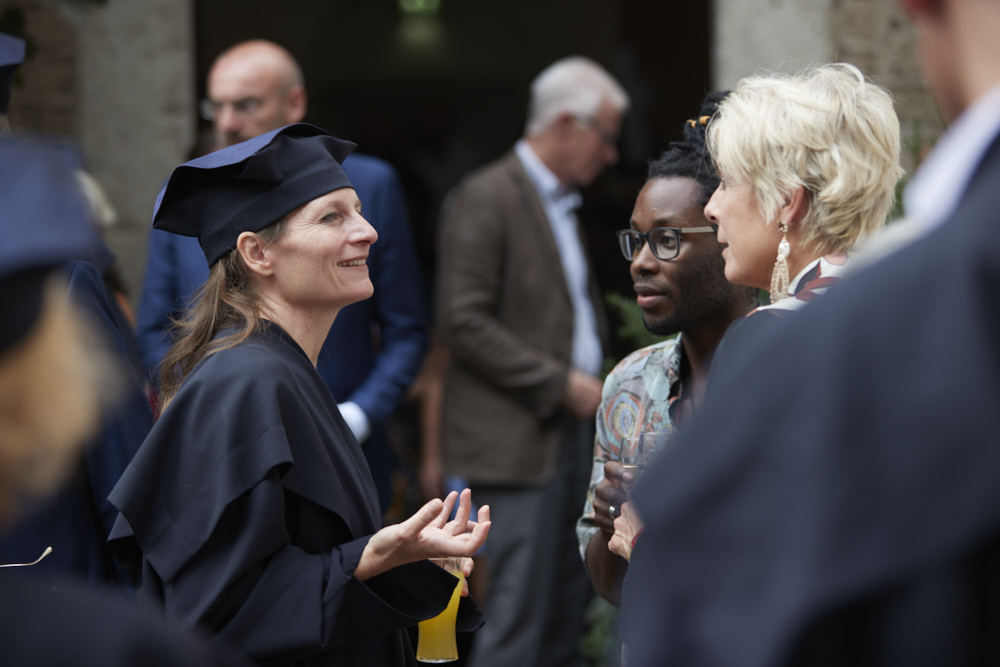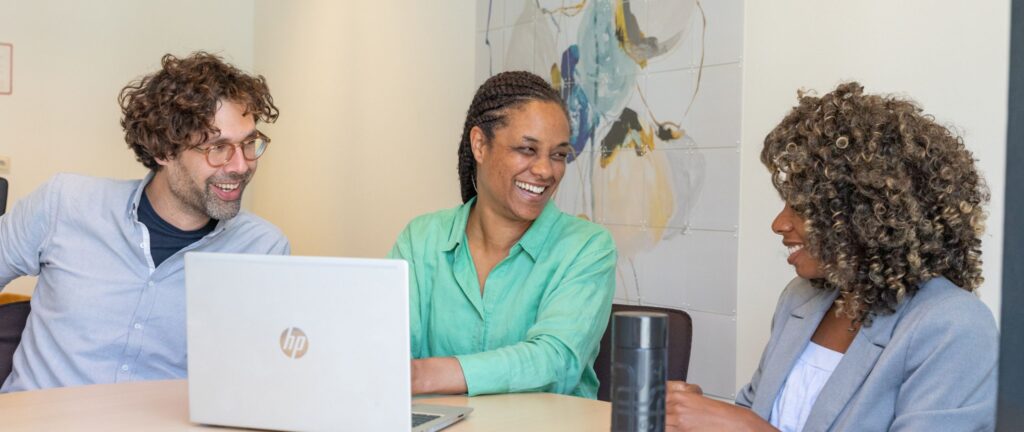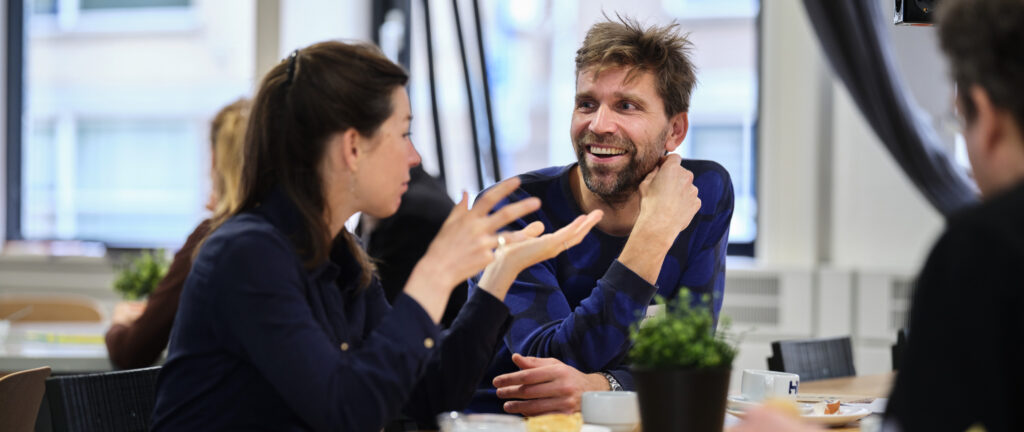‘We need more imagination’

Distinguished professor Evelien Tonkens about the Polarisation and Connection study group which she heads:
“Polarisation touches on various themes that are pivotal to our university, such as meaning, justice and connection. And it plays a role in various areas, from spiritual care and education to social work and healthcare. It raises philosophical, historical and social scientific questions. That makes it an ideal subject for interdisciplinary and cross-disciplinary reflection.
The Polarisation and Connection study group was launched in February 2025 and is currently in an exploratory phase. In the coming years, we will organise lectures, seminars and a conference, and also connect the group to education. The study group has members from all chair groups and functions. New members are welcome, provided they are willing to contribute actively. Not as an extra task, but as support and enrichment for your work as a researcher and teacher.”
Three distances
“There are two types of polarisation: affective and ideological. The first concerns enemy images and us-versus-them thinking, while the second concerns people who clash with each other on substantive issues. Affective polarisation has taken off in the last ten years. Social – or rather anti-social – media play a major role in this. Algorithms encourage polarisation by targeting our most banal impulses and exploiting them with crude images, arguments and insults. This hostile style is being adopted in politics; the debate is becoming more heated.
In addition, ideological polarisation has also increased. There are three major social problems that almost everyone recognises but little is being done about. Polarisation has arisen around these issues. All three problems are about distance. The first is climate change and declining biodiversity. This is about distance in time: what kind of world are we leaving behind for future generations? We urgently need to change the way we live, says one side, armed with undisputed facts about global warming. But the other side says: ‘We can’t do anything anymore. We want to keep barbecuing. Technology will solve it.’
A second problem is social inequality. Many groups that have been emancipated in recent decades, mainly by adapting, are now reaching their limits. Power inequality and discrimination remain. They are therefore demanding truly equal rights. They no longer want to adapt, but to help determine the norms. For example, the LGBTIQ+ community is demanding an end to the division into two sexes. Black people are demanding recognition of how the colonial past continues to influence Black Pete, who must therefore be eliminated. This is all about social distance: how do we relate to other groups? How much space do we give to people with claims to emancipation, and do those claims also have consequences for us? Or do we hold on to existing traditions and ‘our culture’?
A third problem is that people in distant countries suffer from exploitation, poverty, wars and global warming. Our prosperity is partly based on their suffering. This is about spatial distance: to what extent do we feel responsible for abuses far away? For example, for exploitation and pollution in Bangladesh that provides us with cheap clothing. Then the polarisation is about paying a fair price versus the idea that our lives are already expensive enough. Polarisation around spatial distance can currently be seen in the response to the wars in Gaza and Ukraine: is that our responsibility or should they sort it out themselves?”
Bridging contradictions
“If you want to break through polarisation, you have to recognise that both sides have a point. Our lives take place here and now, and it takes quite an effort to empathise with others who are socially, spatially or temporally distant. Nevertheless, it is necessary to motivate people to recognise these problems and at the same time do justice to the concerns they have. The action group Grandparents for the Climate is a good example of this. They say: we are concerned about the future, but we do so based on our current involvement here and now. In this way, they establish a relationship between now and later, and here and there.
The writer Jonathan Franzen once said in a lecture that he had been an environmental activist for a long time, but ultimately found the problem too big and unmanageable. He only became angrier and felt increasingly powerless. Eventually, he gave up. Then, by chance, he developed a love for birds. This led him to look at environmental problems in a new way. He discovered that his beloved birds spend the winter in marshes in South America, and that those marshes are threatened by pollution and climate change. That also threatens his beloved birds. To prevent that, he recommitted himself to environmental protection.
Franzen’s example shows how responsibility for what is far away can be connected to love for what is close by. This connection allows you to bridge the polarisation between the two. There are plenty of serious facts about climate issues, but they do not affect many people, or they only make them angry and powerless. But what can activate people are stories about what affects you in your own life here and now and what is happening far away or only in the future. When thinking about polarisation, you could look much more at how to break through polarisation with stories that people share with each other and that bridge distances. We need more imagination, even as academicians.”
The Polarisation and Connection Study Group is an initiative of the University of Humanistic Studies in collaboration with the Humanist Association and Humanitas. Discussions with external researchers and other organisations are ongoing.


